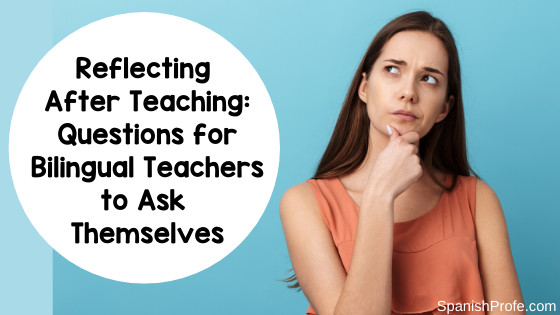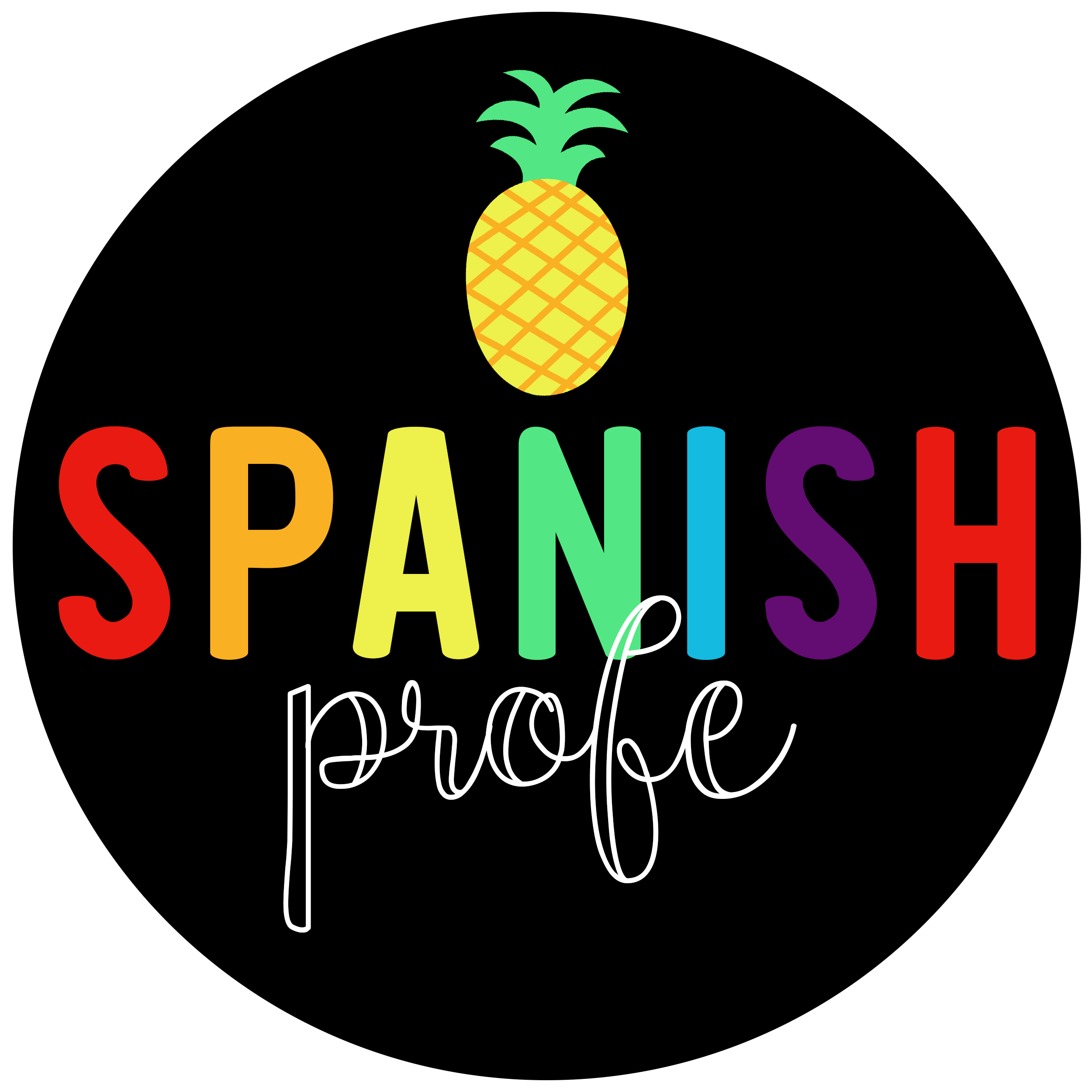
As another school year ends it is important to take time to reflect.
Reflection is something that causes you to stop and think about your last school year; the good and the bad. Reflecting and learning from the past helps make a plan of what to do in the future. It is important to want to continuously improve as a teacher because everything continues to evolve. We can’t continue to be teachers of the past; as education, technology, best practices and the students in our classrooms are changing.
As an educator, you may already have a practice of reflecting at the end of each lesson, day or week, and taking notes of what worked and what could improve.
Annual Reflection Questions:
What went well this school year?
What were my strengths?
What makes me most excited about teaching?
What were my weaknesses or areas that I would like to improve in the future?
What were my biggest challenges in the classroom?
If I ask one of my students to describe me; what three words would they use?
How can I add more fun to the classroom?
How can I add more memorable experiences to the classroom?
What has been my stress level this school year? Why?
What does my ideal classroom look like?
Which part of the day do I teach/execute best?
Which part of the day/schedule would I like to change or improve in the future?
How did I create a strong community in my classroom? What could be improved or changed?
How did I communicate with parents/families? What could be changed? Frequency? Way?
How often did I give my students choices in the classroom?
Did my lessons appeal to all or multiple learning styles?
Did I stick to my immersion/dual language/bilingual model while teaching?
What challenges did I face as a bilingual teacher in the classroom?
If you want to reflect more than consider taking notes in a place that you will refer back to; for example, your lesson planning book or make a note or comment on your electronic plans. That way when you go back and are about to reteach the subject the following school year, you will see your notes, reflections, or thoughts from the past.
Weekly/Daily Reflection Questions:
What went well in your classroom this week?
What lesson was engaging in your classroom?
What was the most challenging part of the day/week? Why?
What less did not go well? Why? What could you change or do differently?
If a lesson didn’t go well; how will you deliver the content in a different way?
What activity/discussion/moment was memorable?
What has been my stress level this week? Why?
Which questions or topics caused students to become more engaged?
Which topics caused students to become less engaged/uninterested?
How do I know my students are learning? What evidence do I have?
How do I feel? Balanced? Overwhelmed? Happy? Stressed?
Is there anything I need to do today/next week in my classroom to create an immediate impact?
How much am I working daily/weekly? Am I taking time for myself/family?
After thinking through some or all of these questions, you might have ideas or feel renewed. Other educators might feel overwhelmed and need to release the negative things to move on and make a great impact in their classroom tomorrow, next week, or next year.
Reflecting though often difficult will help you complete the teaching process or add closure to it. Reflection will help you refine your skills as a bilingual educator and improve your teaching over time.









